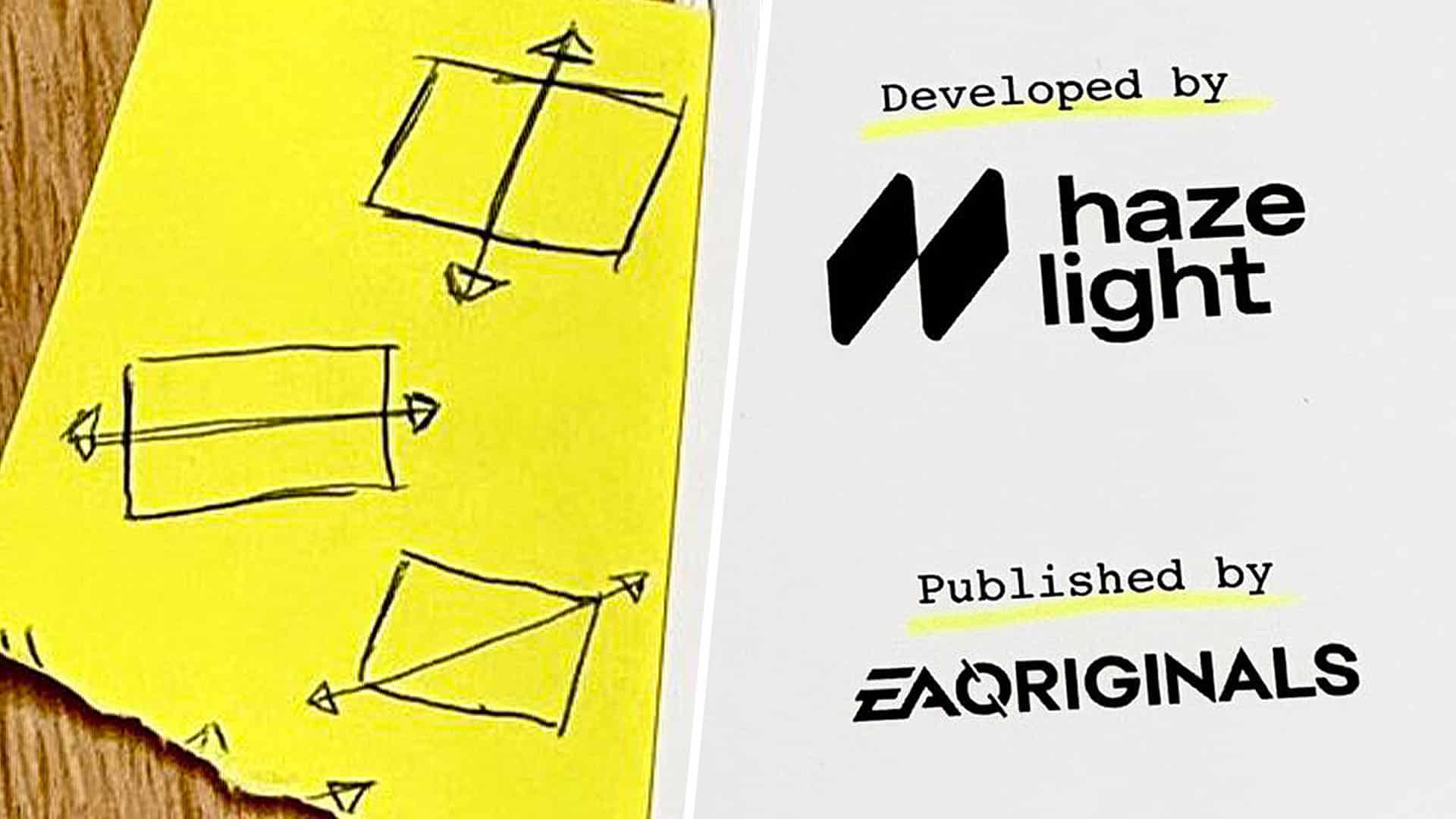
Split Fiction: A New Genre Breaks Boundaries and Sparks Debate
Introduction
In a groundbreaking move that challenges the conventions of storytelling, “It Takes Two” creators have unveiled a captivating trailer for their upcoming title, “Split Fiction.” This innovative game introduces a revolutionary concept that blends two contrasting realities, promising a thrilling and thought-provoking experience.
The Concept of Split Fiction
Split Fiction defies traditional narrative structures by presenting two parallel storylines that unfold simultaneously. Players control both protagonists, whose paths intertwine in unexpected ways. This unique gameplay mechanic allows for an unprecedented level of immersion and storytelling flexibility.
One reality is set in a fantastical world of magic and adventure, while the other is grounded in a more realistic contemporary setting. The juxtaposition of these worlds creates a sense of cognitive dissonance, forcing players to navigate the complexities of each realm while unraveling the connections between them.
Diverse Perspectives
Enthusiastic Embraces
The Split Fiction trailer has generated a buzz of excitement among gaming enthusiasts. Many praise its innovative gameplay, captivating visuals, and intriguing narrative potential. Industry experts predict it will push the boundaries of interactive storytelling and redefine the gaming experience.
Cautious Skeptics
However, some critics express reservations about the feasibility of a split-narrative game. They question whether players will be able to engage with both storylines effectively and whether the game will maintain a cohesive and meaningful narrative arc.
Psychological Implications
Split Fiction raises intriguing psychological considerations. By controlling characters in two contrasting realities, players may experience cognitive dissonance, a feeling of discomfort or tension when holding two conflicting beliefs. This could lead to introspection and an enhanced understanding of the human condition.
Case Study: “It Takes Two”
The creators of Split Fiction bring a wealth of experience to the table. Their previous game, “It Takes Two,” won Game of the Year in 2021, showcasing their mastery of cooperative gameplay and innovative storytelling. This track record bodes well for the success of Split Fiction.
Relevant Research
Research in cognitive psychology supports the concept of cognitive dissonance. Studies indicate that individuals experience discomfort when faced with conflicting information, leading them to seek consistency and resolve the discrepancy. Split Fiction capitalizes on this phenomenon, creating a compelling and thought-provoking experience.
Critical Analysis
Split Fiction presents both opportunities and challenges for the gaming industry. Its innovative gameplay and narrative structure have the potential to revolutionize storytelling, but its execution and long-term impact remain to be seen.
Critics raise valid concerns about the game’s accessibility and the potential for narrative fragmentation. However, the game’s creators have a proven track record of innovation, and their commitment to storytelling excellence offers hope that these concerns will be addressed.
Conclusion
Split Fiction is a bold and ambitious project that has the potential to redefine interactive storytelling. Its innovative concept, thought-provoking narrative, and psychological implications create a fertile ground for an engaging and immersive gaming experience. While skepticism is warranted, the game’s creators have earned the benefit of the doubt. Split Fiction is a highly anticipated title that could shape the future of gaming and leave a lasting mark on its audience.
